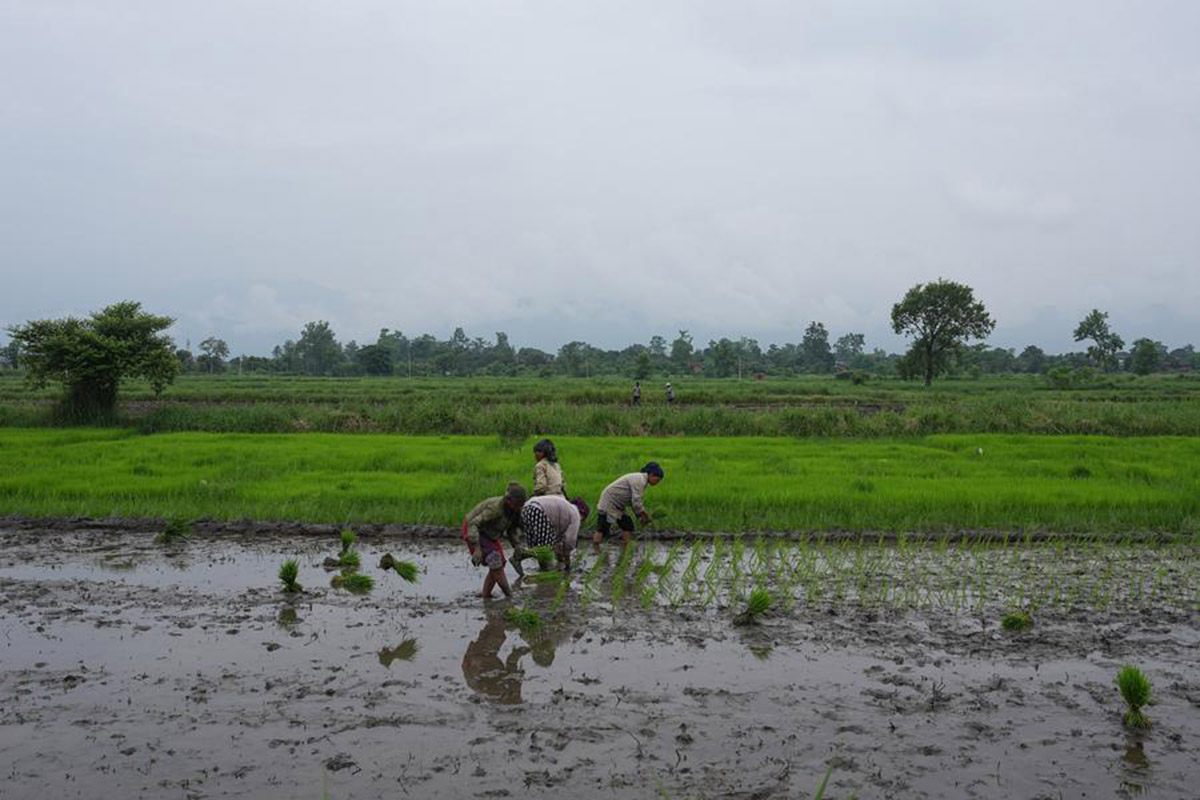
KATHMANDU: Experimental hybrid rice seedlings were transplanted into Nepal South Agricultural Science and Technology Park in Rampur, Bharatpur Metropolitan City, on Monday in an effort to help the South Asian nation achieve food self-sufficiency.
The first batch of 37 high-yield varieties will be planted in the park’s hybrid rice demonstration zone.
The park was developed with support from China–South Asian Countries Poverty Alleviation and Co-operative Development Centre and is being implemented by Nepal’s Agriculture and Forestry University in Bharatpur alongside the Chongqing Academy of Agricultural Sciences.
Chinese Ambassador to Nepal Chen Song said the project was the result of more than two years’ hard work and marked further progress in agricultural co-operation between the two countries on the 70th anniversary of diplomatic ties, Xinhua reported.
-1754993880.jpg)
He said improving agricultural productivity and enhancing food self-sufficiency had become a global priority, and that promoting China’s hybrid rice technology was a key element of global agricultural technology co-operation and a core component of China’s approach to global governance.
“China hopes to help more developing countries, including Nepal, achieve food self-sufficiency through international co-operation and technological exchange, thereby promoting the shared development of global agriculture,” he added.
Bharatpur Mayor Renu Dahal said that by using improved seed varieties, farmers would be able to increase production, contribute to poverty alleviation and achieve the goal of sustainable development by becoming self-reliant in rice.
She added that these seeds would underpin self-reliant agriculture, prosperous farming communities and future food security, and expressed hope that the programme would reach farms both in the local district and across the country.
Agriculture remains the backbone of Nepal’s economy, providing a livelihood for a large proportion of the population.
(Compiled)






-1770013438.jpeg)